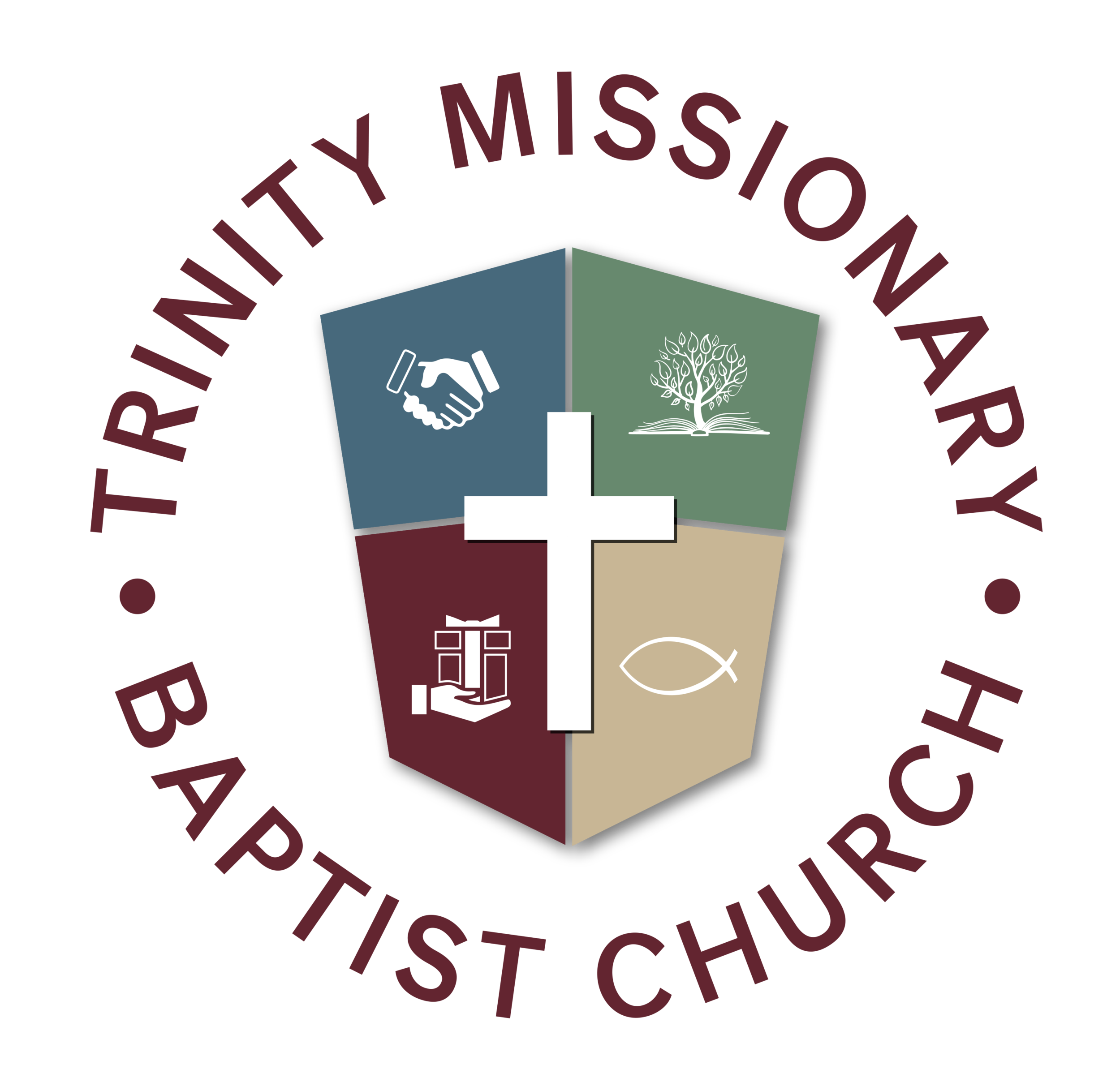2024 Prayer, Fasting, and Evangelism Month
Overcoming the Challenges of Prayer
By Pastor Trevor M. Crenshaw
During a discussion about prayer as worship and intercession, Hope McDonald polled a group of young Christian leaders and asked them “How many of you spend an hour in prayer?” No one raised their hand. Two people raised their hands when she asked, “Is there anyone who spends half an hour in prayer?” Over half of the group raised their hands when asked, “How about fifteen minutes?” Almost all members raised their hands when McDonald asked, “How many of you spend at least five minutes daily in prayer?” After the brief survey, there was complete silence as everyone realized how little time they dedicated to prayer. McDonald observed that most people want to pray, but they don’t. In Spiritual Disciplines for the Christian Life, Donald S. Whitney confirmed McDonald’s discovery about a lack of prayer among professing believers when he wrote,
Despite the penultimate importance of prayer, statical surveys and experience seem to agree that many professing Christians spend little time in sustained prayer. While they may offer a sentence of prayer here and there throughout their day, they rarely spend more than a very few minutes—if that—alone in conversation with God.
McDonald raised a poignant question about prayer: “Why do we pray so little?” I propose that many people fail to pray because they don’t overcome the challenges of prayer. Thus, a relevant question for this article is: What are some of the challenges of prayer?
Challenge #1: Time. McDonald correctly pointed out that God’s children want to fit God into their schedule “rather than fitting their schedule around Him.” She argues that believers can make time for everything else (television, sports, school, food, and sleep) but fail to make time for God. Every believer must come to understand that failure to prioritize time with God in prayer is dangerous. McDonald rightly points out that a “Christian living a prayerless life is robbed of all the power God intends him to have.” Whitney contends that when believers abandon prayer, they choose to fight the battle of spiritual warfare against a powerful but unseen adversary in their strength instead God’s (Eph. 6:11-18). We can never be victorious in spiritual warfare unless we prioritize time with God in prayer just as Jesus tried to teach His disciples (Matt. 26:36-46). Dedicating time with God in prayer could have prevented Peter from acting hastily and trying to prevent Jesus from surrendering to God’s will and His arrest by the “chief priest and elders,”, even though Jesus was innocent.
Challenge #2: Unnatural. In his book “Too Busy Not to Pray,” Bill Hybels opens his chapter on the “Adventure of Prayer” with the assertion that “Prayer is an unnatural activity.” After this insightful and illuminating declaration about prayer, Hybels writes,
From birth, we have been learning the rules of self-reliance as we strain and struggle to achieve self-sufficiency. Prayer flies in the face of those deep-seated values. It is an assault on human autonomy, an indictment of independent living. Prayer is an embarrassing interruption to people in the fast lane, determined to make it on their own.
God didn’t create us to be self-sufficient or independent of Himself. Precisely the opposite, He created us to be dependent on Him for everything we need (Ps. 121:1; Prov. 3:5; Is. 26:4; John 15:5; Phil. 4:19). Mahalia Jackson captured this truth in a gospel song with the following lyrics: “Without God, I could do nothing, Oh Lord. Without God, You know all my life would fail. Without God, my life would be rugged, Oh Lord. Yes, like a ship without a sail.”
Even though prayer is unnatural, we need prayer because we need God. In his classic book Prayer and Faith, R. A. Torrey writes, “All that God is, and all that God has, is at the disposal of prayer.” Without prayer, we lose the essential tools needed to tap into the storehouse of resources that every believer needs for godly living. We cannot produce a godly life through human resources. It requires divine resources that originate above the sun, not below it.
Challenge #3: Ignorance. Whitney posits, “Many Christians pray so little because they haven’t learned about prayer.” Believers should not be ashamed for not knowing how to pray. Any believer who doesn’t know how to pray resembles Jesus’ disciples. In Luke 11:1, after Jesus’ disciples had watched Him pray, “One of His disciples said, to Him, ‘Lord, teach us, to pray just as John also taught his disciples.’”
The disciples had watched Jesus navigate the nuances of a transformative ministry and perform miracles that seemed impossible: like stilling the storm and the waves, delivering a man from demonic possession, healing a woman from disease, and raising Jairus’ daughter from the dead. The twelve understood the need to be victorious in prayer. If Jesus’ disciples could overcome their ignorance about prayer, then 21st-century believers can also. Every believer should dedicate time to learn more about prayer thus increasing their ability to effectively communicate with God. Without this knowledge, we may pray, but our prayers may be aimless and selfish.
I have not provided nor explained an exhaustive list of challenges to prayer; this article has only scratched the surface. Our goal should be to identify, understand, and overcome every challenge to prayer. Moving forward, we must dedicate time to praying and to spending meaningful moments with God. This will provide spiritual renewal and prepare us to represent God and reflect His character in a world antithetical to everything He represents. Even though prayer is unnatural, we must continually use prayer to tap into the supernatural for resources beyond this world. Ignorance can never be an excuse for not learning how to pray; let’s do our best to overcome the challenges of prayer!
